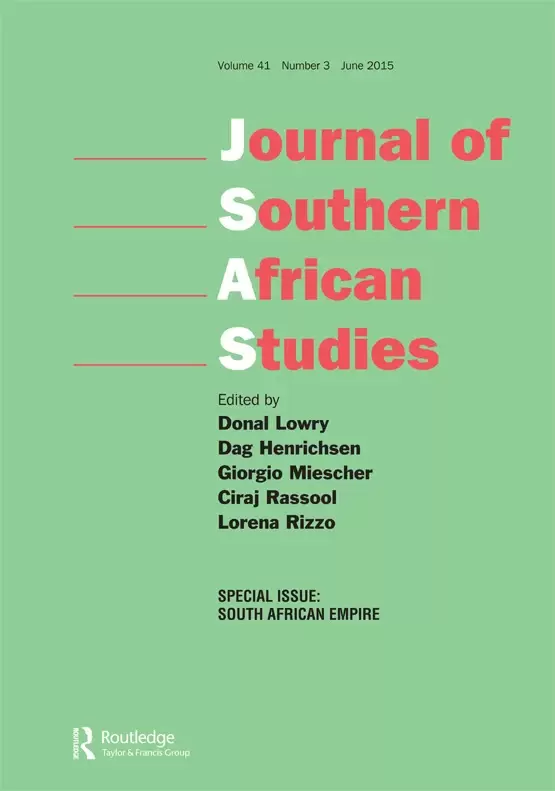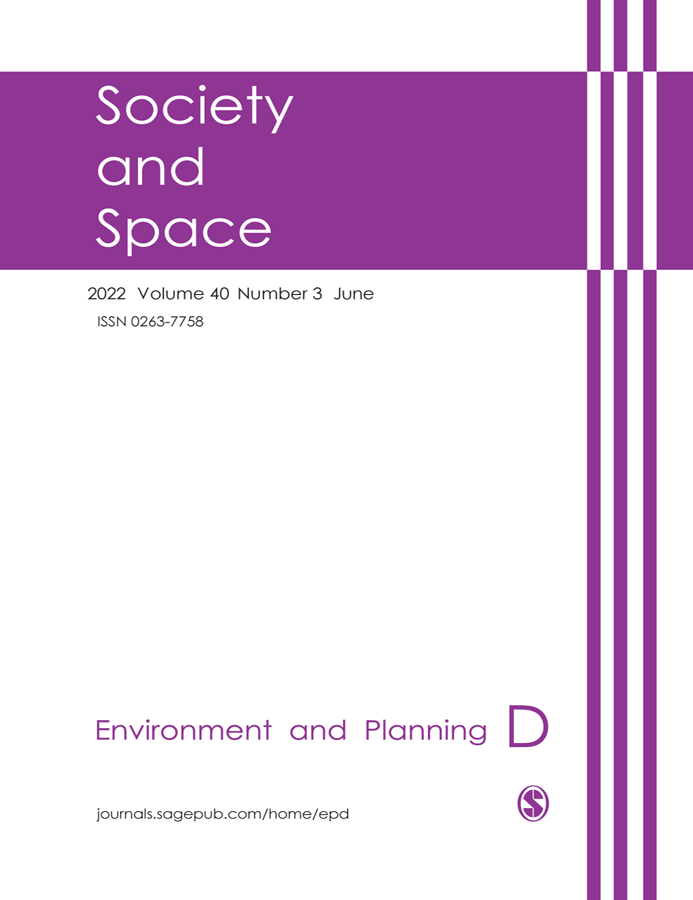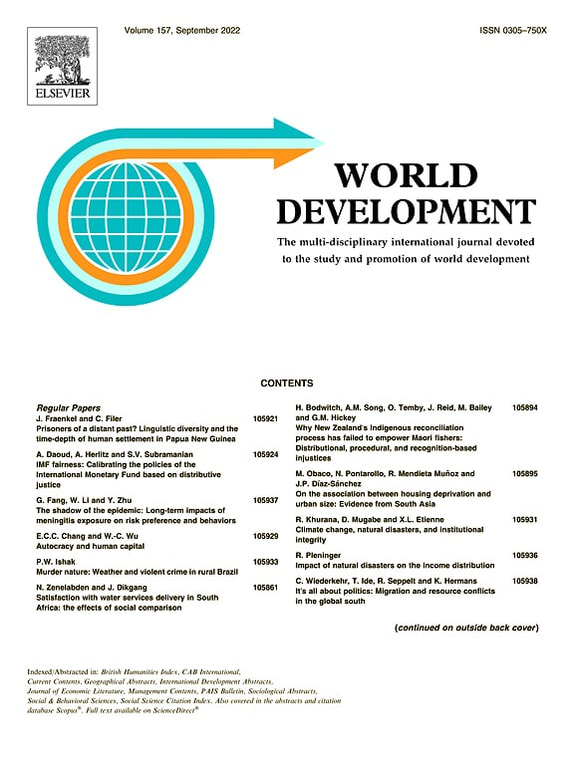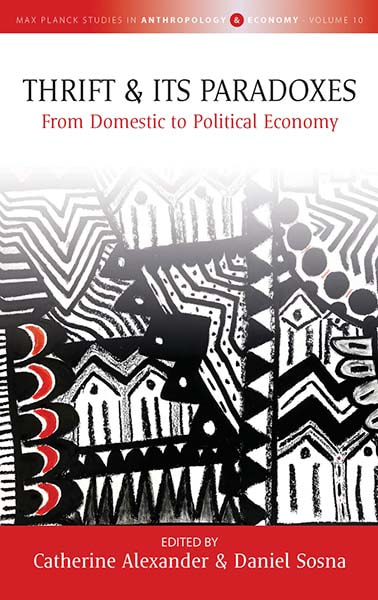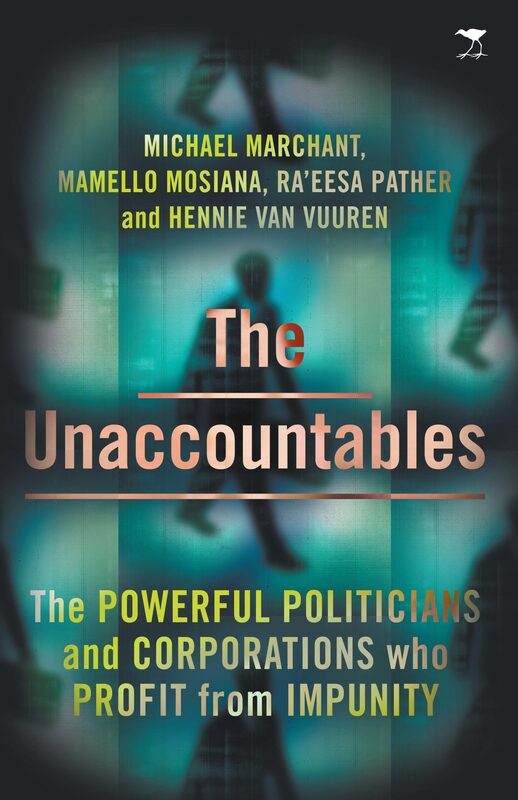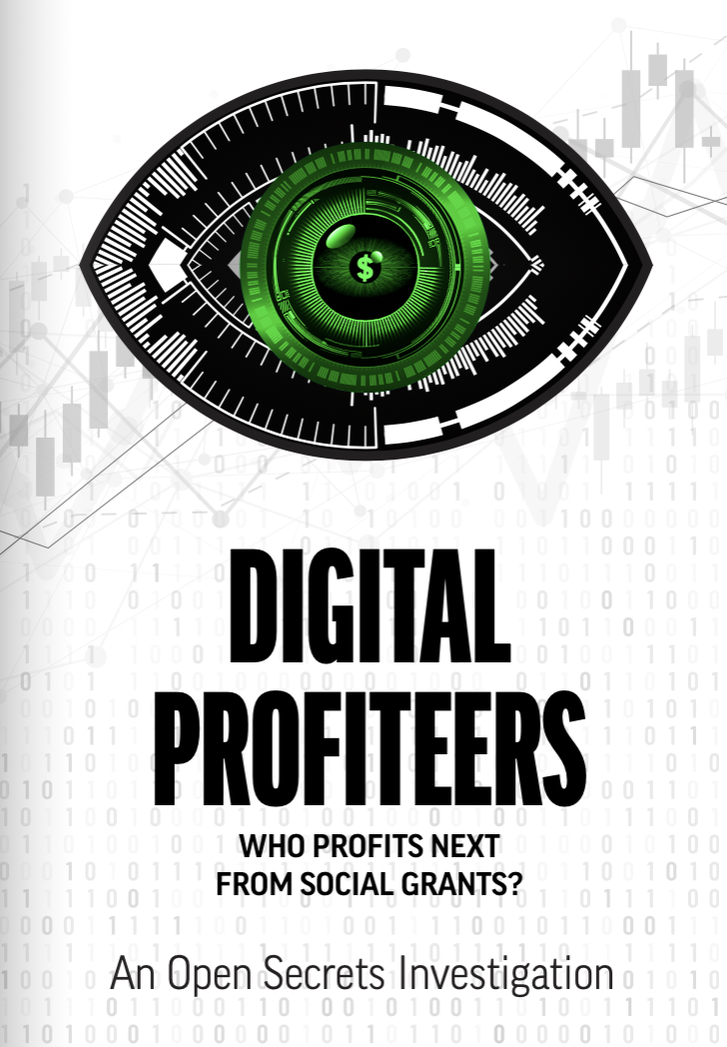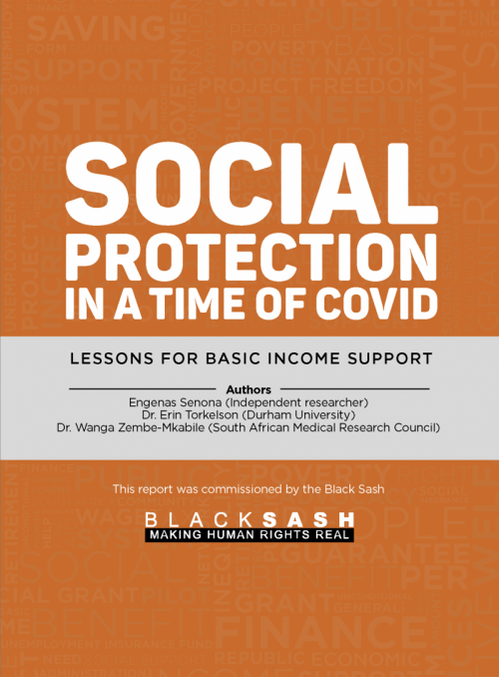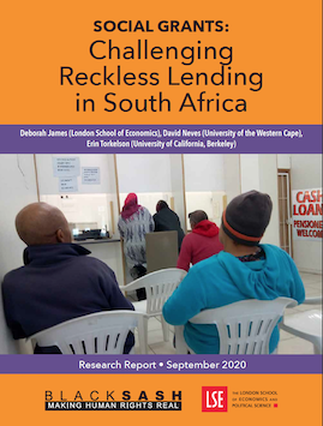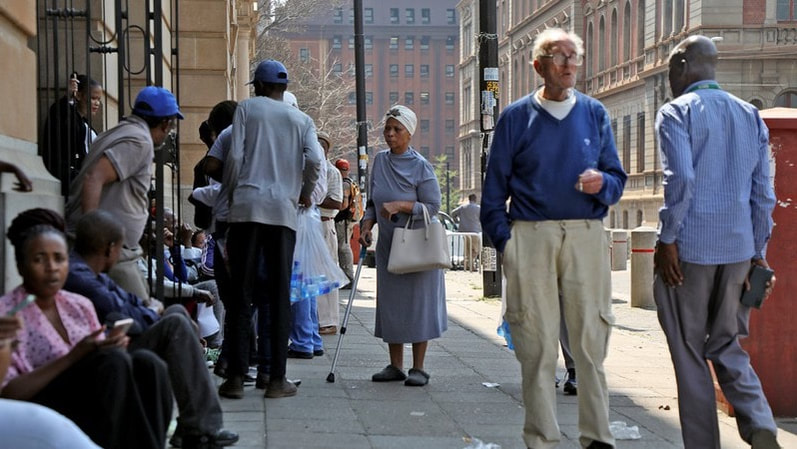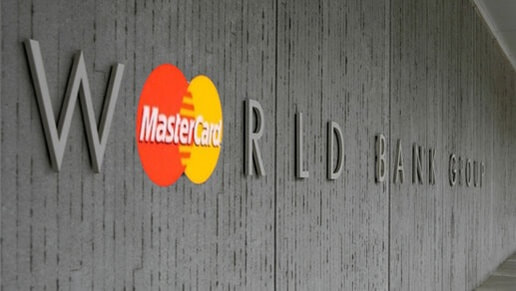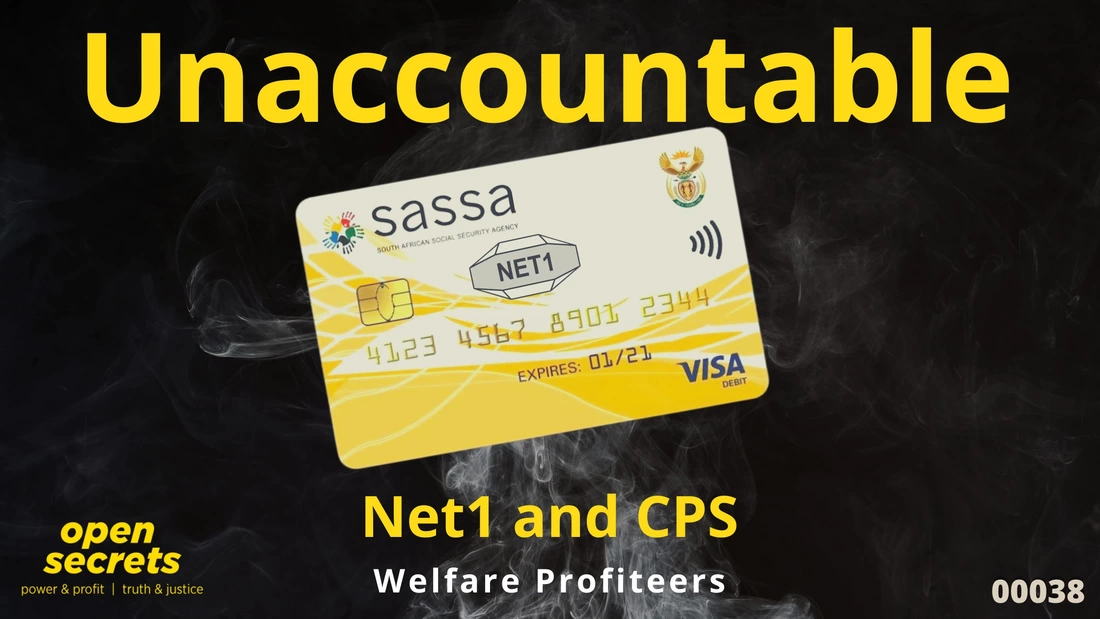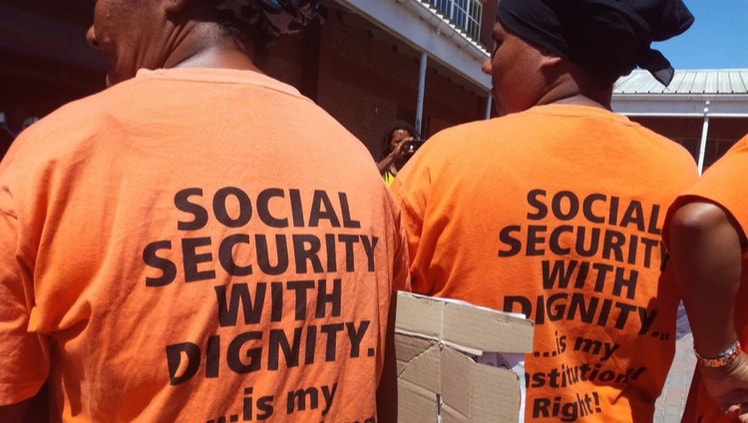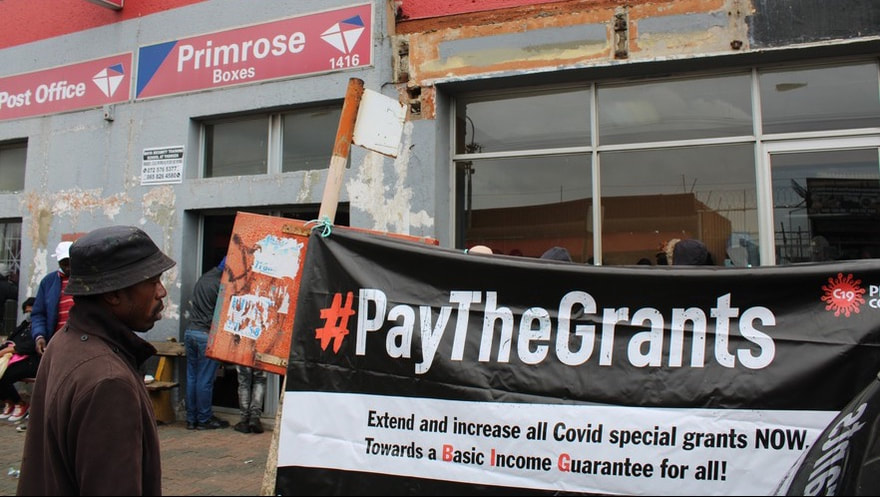BOOK PROJECT
|
South Africa has the largest social assistance program in the world by percentage of GDP, supporting 18 million citizens, 85% of whom are Black women. Between 2012-2018, the South African Social Security Agency (SASSA) outsourced grant payment to a private corporation, Net1 Technologies (NET1). Net1 used their monopoly over biometric and financial data to segregate Black women grantees into an alternative digital banking system on highly unequal terms. Within this segregated bank, grantees were compelled to use their government grants as collateral for high-interest loans in the name of moral improvement and financial inclusion.
While cash transfers are designated for individuals – the elderly, caretakers of children, and people with disabilities – they form the only income available for households and families. This paradox drove recipients toward money lenders, and credit became the only means of caring for a household on an individual grant. When grantees accrued debts, exactly as the welfare system encouraged them to do, they were refigured not as deserving subjects of grants but underserving subjects of debt. My interlocutors questioned the debts levied on their grants, asking, “who really owes what to whom?” In so doing, they repositioned themselves not as debtors but as net creditors to the nation, whose land, labor and lifeways were stolen across generations. Their redistributive demands were not just about asserting their right to a small monthly stipend which is easily paid under prevailing economic conditions, but imagining more radical forms of liberation and economic transformation. |
Documentary FilmEsley Philander, Colleen Crawford Cousins, Johan Abrahams, Erin Torkelson (2018) Grant Grabs III: The Easy Pay Card. The Cutting Edge, South African Broadcasting Company, 27 March.
|

